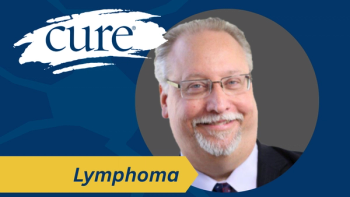
- Winter 2007
- Volume 6
- Issue 6
Senate Committee Approval Advances the Conquer Childhood Cancer Act
Senate passes the Conquer Childhood Cancer Act for research funding.
The Conquer Childhood Cancer Act, a bill that earmarks $150 million over five years for research into childhood cancers, passed its first hurdle on November 14 when a Senate committee approved it unanimously. The bill, sponsored by Senator Jack Reed (D-Rhode Island), has bi-partisan support. The next step will be to bring the legislation before the Senate for a vote.
Representative Deborah Pryce (R-Ohio), whose daughter died at age 9 of neuroblastoma, a rare brain cancer, introduced the companion bill in the House in early 2007. The bill has not yet made it out of committee.
The Conquer Childhood Cancer Act has been championed by several organizations, including CureSearch, a collaboration between the National Childhood Cancer Foundation and the Children’s Oncology Group. The legislation will expand biomedical research programs through the National Cancer Institute, establish a fellowship program to encourage researchers to focus on pediatric cancers, provide educational support for patients and their families, and set up a population-based national database to evaluate the incidence trends of childhood cancers and to enable genetic research to determine better prevention and treatment strategies.
The legislation comes at a time when research funding for childhood cancers has steadily decreased over the past five years, though it remains the top cause of death for children under 15.
Articles in this issue
almost 16 years ago
Support Sitesalmost 16 years ago
Resourcesalmost 16 years ago
Caught in Medicare Limboalmost 16 years ago
My Healing Journalabout 16 years ago
Where to Find Helpabout 18 years ago
Breaking News from ASH and SABCSabout 18 years ago
Message from the Editorabout 18 years ago
Warning Signsabout 18 years ago
A Dose Of Informationabout 18 years ago
Art & Life



